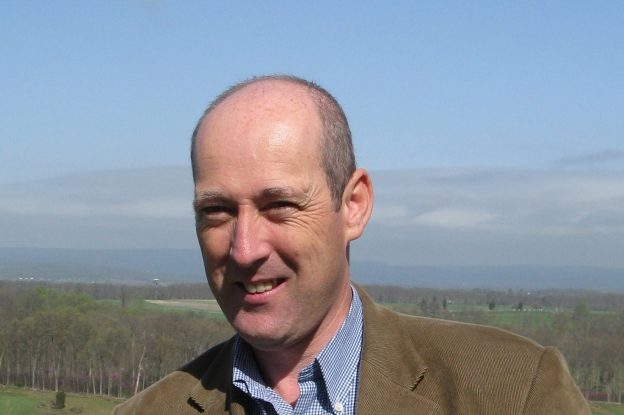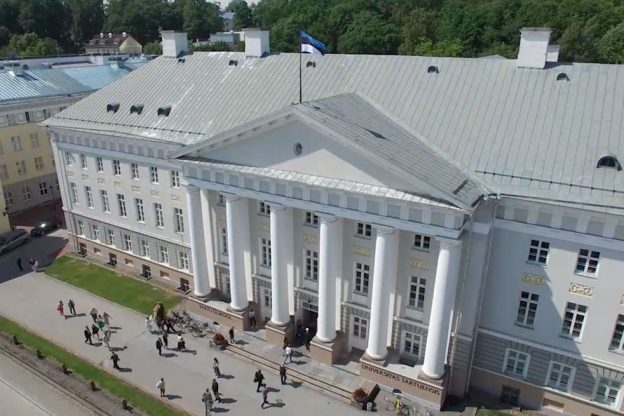Professor Feargal Cochrane, from the University’s School of Politics and International Relations has been elected to the position of PSA UK Vice Chair.
He will be working closely with the new Chair, Professor Angie Wilson (University of Manchester) to push forward the strategic aims of the PSA, further develop its international profile and refine its operational efficiency.
Professor Cochrane, Professor of International Conflict Analysis, has been a serving and active member of the PSA for 25 years and has pro-actively encouraged new thinking and reform to deal with the pressures facing academics across the career ladder.
The new team was announced on Friday 3 February and will be formally at this year’s PSA Annual Conference in Glasgow, where they will outline their plans for the future development of the PSA and the implementation of its new 10 year strategic plan.
They formally take over the PSA reins in June and the term of office lasts until May 2020.







